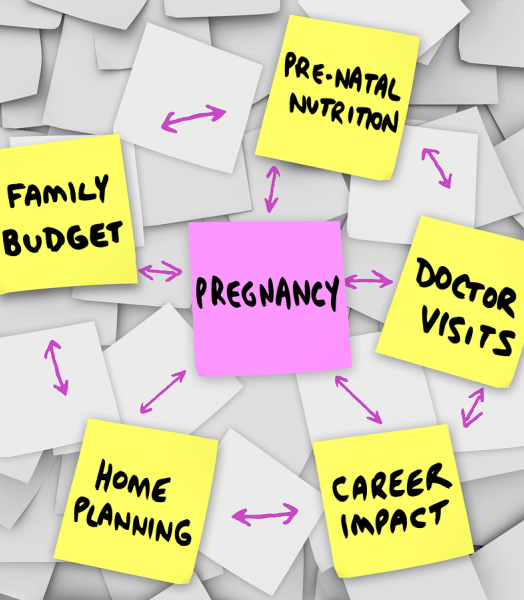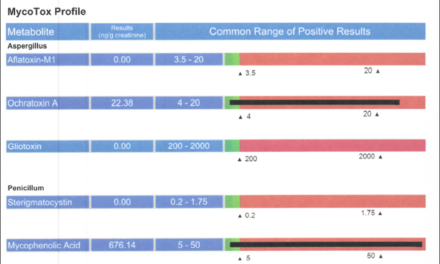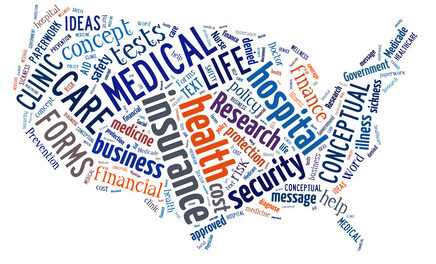At first glance, this title appears to trivialize the significance and impact of pregnancy. It seems to liken it to an arts and crafts endeavor or a do-it-yourself project. If that is your opinion, please take a moment to reflect on this.
Think about the preparation that we often place into a decoupage object d’art or remodeling a room. We go through the steps of educating ourselves about all of the time we will need; the space and environment needed; we may even have a special budget. Will we need an extra set of hands? Which ingredients and/or tools will serve us best? We select just the right moment based upon our busy schedules; we may solicit the advice of those who are more expert than we; and we become dig into the task at hand.
Now let’s ask ourselves how often we go through this exercise in anticipation of a pregnancy.
And, yes, there are those women and families who start planning long before pregnancy takes place. That, however, is the exception and not the rule. Most mothers-to-be start planning after the test strip on the home pregnancy test turns blue. At that point, however, she may already be 6-10 weeks, if not further, into the pregnancy. This is where many of the potential dangers arise.
To underscore the importance of pre-conceptional planning as early as possible, the CDC encourages women to create a “Reproductive Life Plan”. They have gone so far as to fashion a PDF which outlines major decision-making and goal planning so that pregnancy occurs at a time when a woman is emotionally, financially and physically at her best. HealthyPeople.Gov tells us that virtually half of all pregnancies are unintended. We also know that unintended pregnancies are associated with more complications and poorer outcomes.
WHY IS THAT AND WHAT MAKES LONG TERM PRECONCEPTIONAL PLANNING IMPERATIVE?
Keep in mind, as you read this article, that organogenesis, which is the period of organ formation, takes place prior to 14 weeks of gestation. Therefore, all of the organs, including the genitalia, have formed by that time. The hidden message here, is that this is also the time during which the fetus is most vulnerable to things that can cause birth defects.
The other notion to keep in mind is that a woman’s health status may impact: her ability to conceive; her likelihood of miscarriage; her risk of pre-term labor, and, ultimately, her risk for a stillbirth. It is best, when at all possible, to anticipate when you will START TRYING TO CONCEIVE and complete your preparation prior to that point. This article will give you some helpful items to discuss with your Obstetrician, as well as your Primary Care Physician.
WHY DOES MY HEALTH BEFORE CONCEPTION MATTER?
Remember that our bodies are unique and amazing in ways that we might never have imagined. Although each organ system is distinct from the next, they all work in concert to maintain a delicate balance of good health and physiologic efficiency.
This is most evident when we look at our metabolism and immunity. Diseases that are often quite silent in their early stages may steadily be wreaking havoc within.
Let’s take diabetes as an example. The undiagnosed or uncontrolled diabetic woman may suffer infertility, an increased risk of early pregnancy loss, congenital birth defects, fetuses that are too small or too large, and stillbirths. The ideal situation is to be assessed for diabetic risk, and if found to have the disease, to get the blood sugar under control PRIOR to conception. This may even make becoming pregnant easier for some women.
Another health condition that may have few symptoms at first, but can cause many difficulties, is lupus. This, like many other autoimmune conditions, can lead to infertility as well as recurrent pregnancy loss. It, too, can cause stillbirths. This, however, also has the ability to increase a mother’s risk for a stroke during the pregnancy, due to its effect on the clotting factors in blood. Again, the best approach is to find it early and treat it expeditiously.
My advice: When you decide that you want to become pregnant, decide upon the optimal time. Try to have a Well Woman Exam and Pre-Conception Counseling visit with your Obstetrician and General Physician at least 3-6 months before this. They can help you to identify any risk factors that may require investigation.
WHAT ABOUT MY WEIGHT?
Based upon recent research, there are ideal targets for weight gain in pregnancy, depending upon a woman’s pre-pregnancy weight. For those who are greater than ideal body weight, they will be expected to gain a little less than their normal weight counterparts; for those who are under ideal body weight, a little more. Your Physician may even ask you to modify your weight prior to conceiving.
This is also a good time to start discussing eating habits for pregnancy. It will be a smoother transition into those healthy eating habits if you start before you get pregnant. For instance, it is better to have 5-6 small meals per day, than the 2-3 large ones that we tend to eat. It is better for metabolism, glucose control and weight gain. Also, you will need 64 oz of water/fluid daily. These things may sound easy to do, but if you have practiced different habits for many years, the transition will not be successfully made over night.
CAN I STAY ON MEDICATIONS THAT I’VE BEEN TAKING?
When trying to conceive, as well as during pregnancy, it is best not to take any medications that you have not established are safe with your Obstetrician and possibly even Pharmacist. (Your Pharmacist will have the most complete list of the drugs that you are on and can comment on potential drug interactions.)
We categorize drugs into degrees of safety in pregnancy. Even the use of these drugs, however, will depend upon their medical necessity, as well as the age of gestation, and whether or not organogenesis has occurred.
Inform your Obstetrician about any medications (over-the-counter or prescription) that you are on, including all supplements. He/she may ask that you meet with the original prescribing Physician and have the medication changed to something different in the interest of the developing fetus. Give yourself time to ensure that the medication will work for you and that there are no untoward side effects before trying to become pregnant.
WHAT ABOUT SUPPLEMENTS?
Be careful with these, as there may not always be valid statistical research about their effects in pregnancy. Again, inform your Obstetrician and have a discussion regarding the necessity of the item. Two supplements that you should be taking are Pre-Natal Vitamins and Folic Acid. Remember that certain vitamin deficiencies can cause birth defects, so start your vitamins BEFORE you get pregnant. As for Folic Acid, the amount that you need will depend upon your personal and family history. Have a talk with your doctor about your specific needs.
Also, discuss with your physician what your diet is like in terms of calcium and iron intake. If you aren’t enthusiastic about leafy greens or about drinking milk, you may require these supplements as well.
DO IMMUNIZATIONS MATTER?
Planning a trip outside of the country that may require vaccines? Talk with your physician about getting this done before you conceive.
Your Rubella status is also very important. You received a Rubella (German Measles) vaccine as a child. Immunity often wears off between ages 19-24. For women who are planning pregnancy, this vaccine needs to be up to date before you conceive. It may require a booster, depending upon your titer.
We are not so worried about the effect of the measles virus exposure on you, as an adult. However, if you are exposed during pregnancy and are non-immune, this is an additional risk factor for birth defects.
CAN I STILL HAVE WINE OR BEER?
The American College of Obstetrics and Gynecology recommends that you do not. However, many practicing physicians will counsel that an occasional glass of wine is not a problem. I agree with the latter. Look at the many cultures where wine is routinely served with dinner. That is not to say that you should indulge on a nightly basis, but I do not believe that the occasional glass of wine will be harmful.
For anyone who frequently imbibes, I would recommend weaning down before trying to conceive. Remember that significant alcohol exposure in the first trimester can lead to Fetal Alcohol Syndrome.
For all of you anticipating pregnancy, what more important “Project” could there be? Before dusting off your copies of “What to Expect When You’re Expecting”, call your Obstetrician and schedule a visit. After that, call your Primary Care Physician and do the same. (Ask if they are comfortable with pre-conceptional counseling before you schedule your appointment.) Be prepared with lists of your medications and supplements, as well as a list of any new symptoms that you have been experiencing in the last 3-6 months.
This approach will empower you to do all that you can to insure a safe and healthy pregnancy. Be well!










